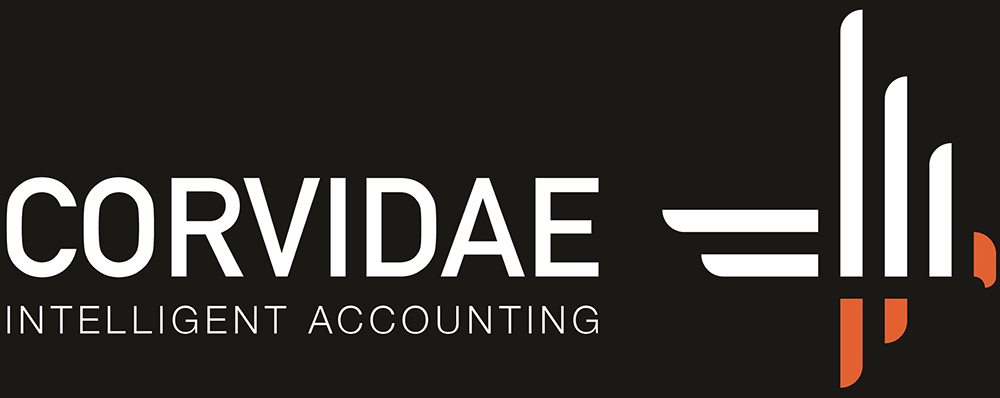We have reviewed some of the ways to extract your hard earned profits from your company.
With a limited company structure in place, it will provide you with the vehicle to build up wealth, however there may be an ongoing requirement to extract some of this wealth to pay the bills.
Let’s take a look at the most common methods of extracting income from a company.
Salary or a Dividend
A salary is processed through a payroll with appropriate deductions re PAYE, USC+ PRSI. A salary will be tax deductible for the limited company.
A dividend is not tax deductible for the limited company. The main advantage in paying a dividend is that it can reduce a close company surcharge where relevant. Generally, there is a requirement on the limited company to withhold some tax (20%). This may be lower than the PAYE, PRSI + USC due on a salary so this might offer a temporary cash flow saving. The key point here is that the cashflow saving is temporary as dividends are generally taxable in the hands of the recipient at their marginal rate.
What is best for you will very much depend on your circumstances.
Pension
A company operated pension scheme is essentially a long term savings plan for the business owners. The growth generated in the fund is tax free. The company is also allowed a deduction for the contributions. While we are not in the business of giving investment advice, a well diversified portfolio of investments in a pension fund is an excellent way to effectively transfer wealth to the business owners. On maturity of the funds the business owners will have access to a certain % of the fund tax free.
Rental Income
If a company owner personally owns a property that is rented to the limited company he/she can charge a rental fee (at fair market value rates). This income (after allowable deductions) = taxable income in the hands of the business owner.
Employing a spouse/children
It would not be uncommon for a director of a business to also have their spouse/children helping them to run the business. For example if some/all of the children are in college and work in the business say at the weekend then it can be tax efficient to put the kids on the payroll. This will go some distance towards covering the cost of their social life in college!
Company Loan
Much like salary and dividends, which are quite stringent from an income tax perspective, a director’s loan is another means of cash extraction. It can provide some temporary cash flow but it too has its drawbacks namely that it has to be repaid, interest free loans attract Benefit in Kind and there are also some company law implications that need to be considered.
Liquidation
Where a company has cash reserves that the owners want to extract it will generally be more tax efficient to extract the funds via a liquidation (and pay Capital Gains Tax upon same) as opposed to extracting the funds as income (liable to income tax at your marginal rate).
It may also be possible to tap into capital reliefs such as Retirement Relief or Entrepreneur Relief and eliminate some/all of the Capital Gains Tax.
Termination payments
This is a tax free lump sum (subject to various terms and conditions) payable to a company owner leaving their role within the company.
Share Buyback
A share buyback can be a very effective way to handle succession planning, a shareholder dispute or even a marriage breakup! Broadly speaking a payment to the shareholder to ‘buyback’ his/her shares can possibly be treated as a capital payment (and thus be liable to Capital Gains Tax with potential access to the above mentioned capital reliefs Retirement Relief/Entrepreneur Relief).

